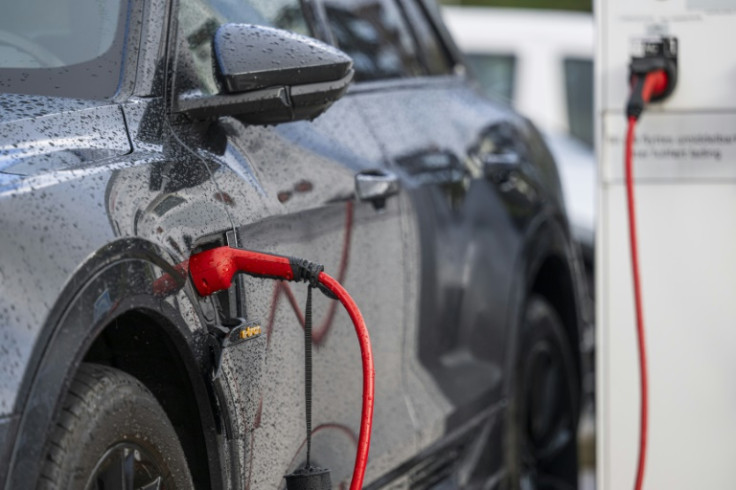Amid L.A. Protests, Trump Mobilizes Troops And Rolls Back The 2035 Gasoline Car Ban

President Donald Trump on Thursday signed joint resolutions of Congress that blocked California's attempt to ban the sale of gas-powered vehicles in the state. The resolutions nullified California's plan to phase out such vehicles by 2035 and reversed a measure previously approved by the Biden administration.
After several days of protests in Los Angeles, Trump ordered National Guard soldiers and U.S. Marines into the coastal city, acting against the wishes of Governor Gavin Newsom and local authorities. "We officially rescue the U.S. auto industry from destruction by terminating California's electric vehicle mandate, once and for all," said Trump at a White House ceremony. He also accused Newsom of trying to "kill" the auto industry, according to a report by The New York Times.
The resolutions canceled a 2024 law that banned the sale of new gasoline-powered vehicles starting in 2035 and removed the federal exemption that had allowed California to set its own emissions standards under the Clean Air Act.
The U.S. Government Accountability Office and the Senate parliamentarian ruled that lawmakers lacked the authority to revoke California's electric vehicle waivers under the Congressional Review Act. California officials maintained that the federal government's actions were illegal. "And this time he's destroying our clean air and America's global competitiveness in the process," said Newsom, according to The New York Times. The state has filed lawsuits to challenge the move.
The resolutions also targeted medium- and heavy-duty diesel vehicles by canceling rules that phased out their sale and by revoking provisions that required an increasing share of new trucks to be electric. The step formed part of a broader federal rollback of measures designed to reduce tailpipe emissions and protect air quality, while critics argued that it would undermine efforts to address pollution and climate change.
California, which accounted for roughly 11 percent of the U.S. car market, had benefited from nearly 50 years of waivers allowing it to impose stricter pollution standards than those set at the federal level. Under the state's plan, several Democrat-led states had signaled their intention to follow suit by phasing out new gasoline vehicles—an effort that supporters said would improve air quality and foster electric vehicle technology.
Supporters of the presidential action — including Republican lawmakers, several major automakers, and oil and gas industry executives — maintained that the California rules were unrealistic and would have harmed the auto industry's competitiveness. California Attorney General Rob Bonta and state officials contested the use of the Congressional Review Act to revoke waivers. "This is a completely improper use of the Congressional Review Act. The act applies to rules, not to waivers. It's never been applied to any waiver, ever," said Bonta, according to a report.
The dispute then moved to the courts as California and 11 other states — which together represent a large portion of the national auto market — launched legal challenges. State leaders warned that overturning the electric vehicle mandate would harm public health, undermine economic benefits from the state's clean-car program, and derail progress toward a broader environmental agenda.
© Copyright IBTimes 2025. All rights reserved.





















